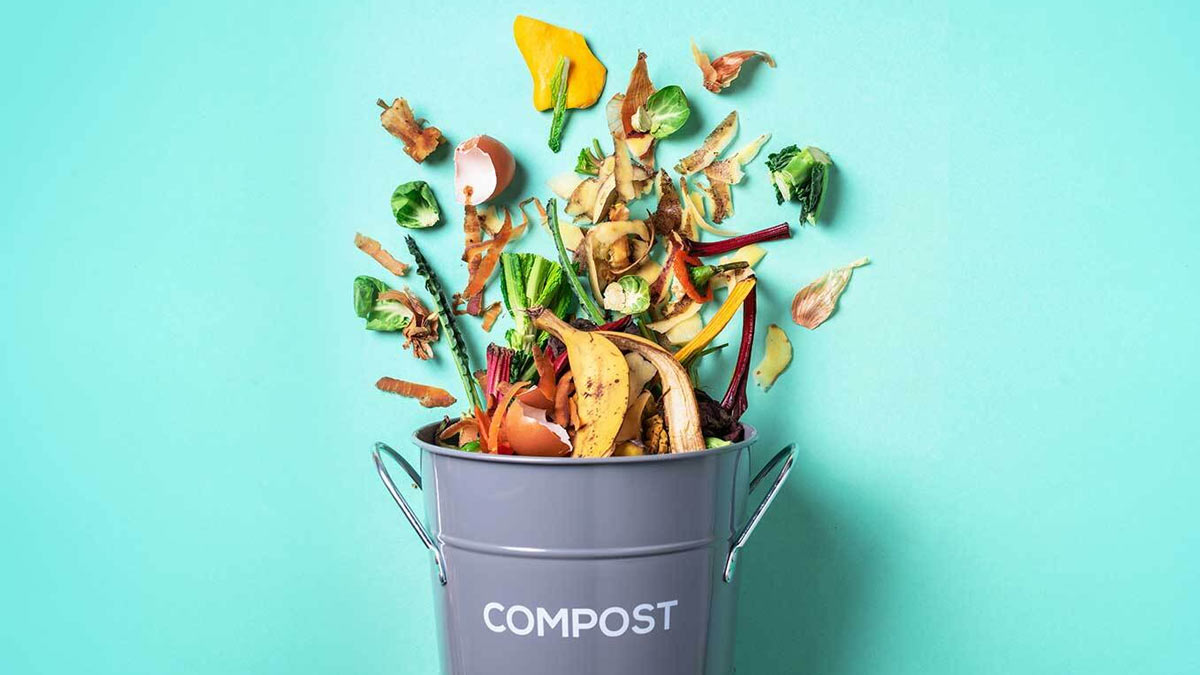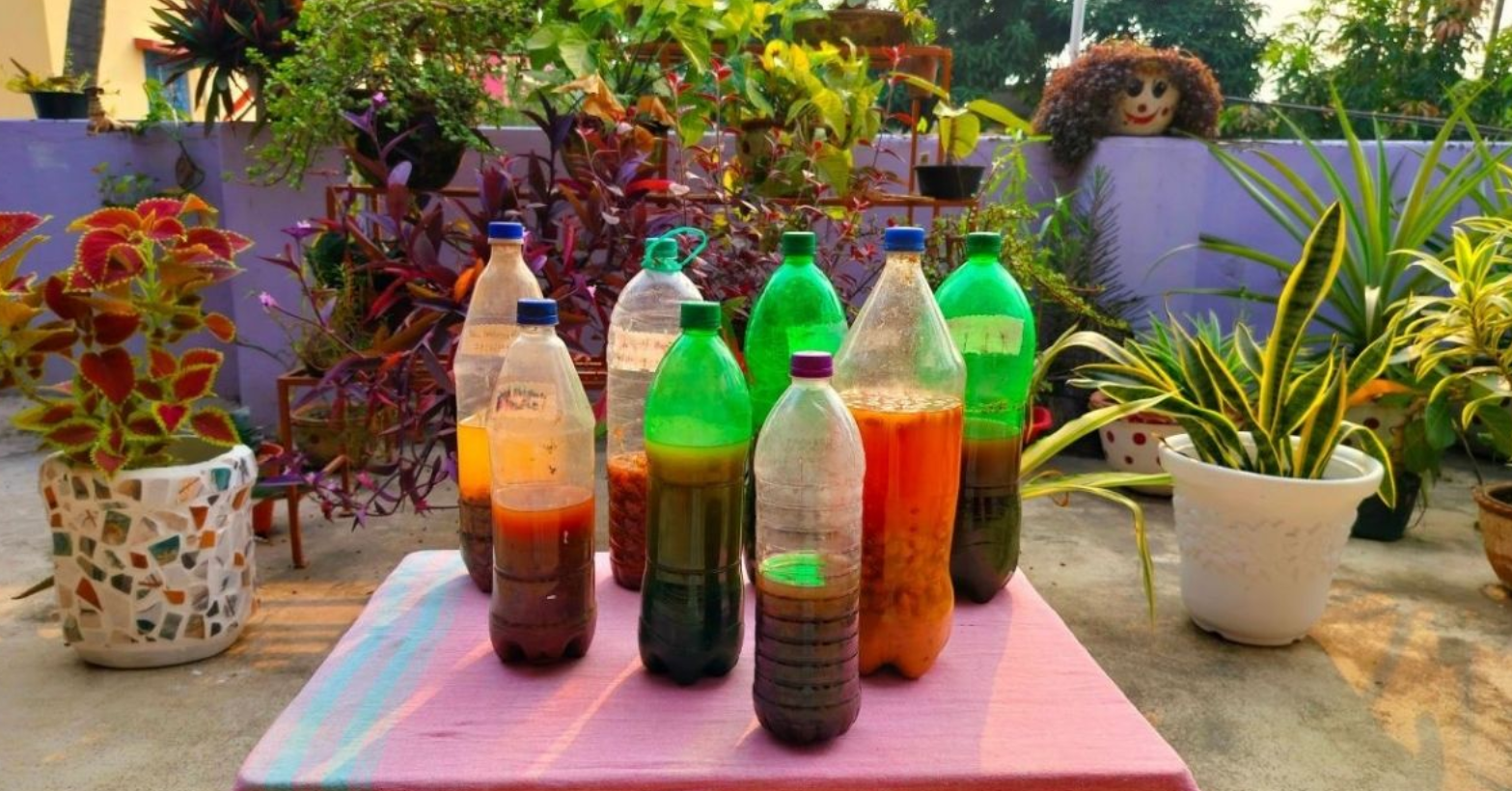
Did you know that the peels of your morning grapefruit can be transformed into a powerful plant booster? For urban gardeners with limited space and a desire for sustainable practises, bio-enzymes offer a game-changing solution.
Leading the way is Nita Singh, a seasoned gardener from Kolkatawho has mastered the art of crafting these natural alternatives to chemical fertilisers and pesticides. Her expertise, gained from years of hands-on experience, offers valuable insights for those looking to nurture their green spaces naturally.
View this post on Instagram
Bio enzymes are fermented mixtures made from organic waste materials. They're rich in beneficial microorganisms and nutrients that can significantly enhance soil health and plant growth. As Nita explains, "These enzymes act as both fertilisers and insecticides, providing a holistic solution for plant care."

(The basic formula for bio enzymes follows a 3:1:10 ratio of main ingredient, jaggery, and water.)
Nita strongly advises using plastic containers for fermentation. "Never use glass bottles," she warns. "The fermentation process releases gases that could cause glass to explode." Use a container twice the volume of your mixture to allow space for fermentation.
Don't Miss: How To Grow Rose Cuttings In Potatoes: A Step-By-Step Guide

Store your fermenting mixture in a dark place. Nita explains, "Sunlight can kill the beneficial bacteria essential for the fermentation process."
The fermentation process typically takes about three months. During this time, remember to occasionally loosen the cap to release built-up gases.
Don't Miss: 5 Vegetable Chopping Hacks To Save Time In The Kitchen

By creating your own bio enzymes, you're not just nurturing your plants; you're also contributing to a more sustainable gardening practise. These homemade solutions reduce the need for chemical fertilisers and pesticides, making your garden more environmentally friendly.
For more such stories, stay tuned to HerZindagi
Herzindagi.com is Jagran New Media's gender and lifestyle vertical, catering to women of all age groups, helping them remain updated, on-trend and aware. To improve our performance and understand our readers' interests better, we have created this poll. This will take 2 minutes of your time, do help us out with this link.
Also watch this video
Herzindagi video
Our aim is to provide accurate, safe and expert verified information through our articles and social media handles. The remedies, advice and tips mentioned here are for general information only. Please consult your expert before trying any kind of health, beauty, life hacks or astrology related tips. For any feedback or complaint, contact us at [email protected].